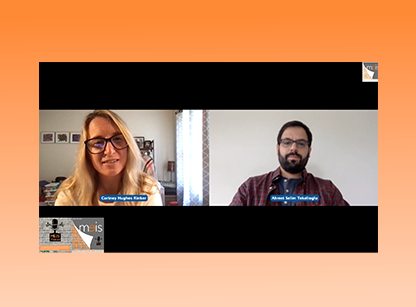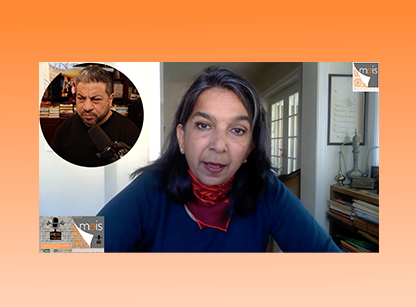Assistant Professor in the Global Affairs Program at George Mason University.
Yasemin Ipek is an Assistant Professor in the Global Affairs Program at George Mason University. Her research is informed by her long-standing interests in transnational humanitarianism and NGOs; activism and social movements; and everyday enactments of ethics, Islam, nationalism, and sectarianism in the Middle East. She is currently working on two projects. Her first project, based on her fieldwork in Lebanon between 2012 and 2015, examines how the Syrian refugee crisis has transformed national identity and post-civil war efforts towards peace-building in Lebanon. In her new research project, tentatively titled Islamic Humanitarianism: Transnational Care Networks in the Middle East, she studies Muslim aid workers in Istanbul and Beirut, and explores how piety interacts with secular and cosmopolitan discourses to shape global migration, refugees, and humanitarianism.
Yasemin Ipek received her PhD degree in Anthropology from Stanford University. She also received a second doctoral degree in the Department of Political Science, Bilkent University, where she studied political memoirs and conservative nationalism in early Republican Turkey. Her work has appeared in several peer-reviewed journals such as Turkish Studies and edited volumes such as Rhetorics of Insecurity: Belonging and Violence in the Neoliberal Era. She teaches on a wide range of subjects such as globalization, anthropology of the Middle East, refugees and humanitarianism, youth, activism and social movements, and qualitative research methods.














